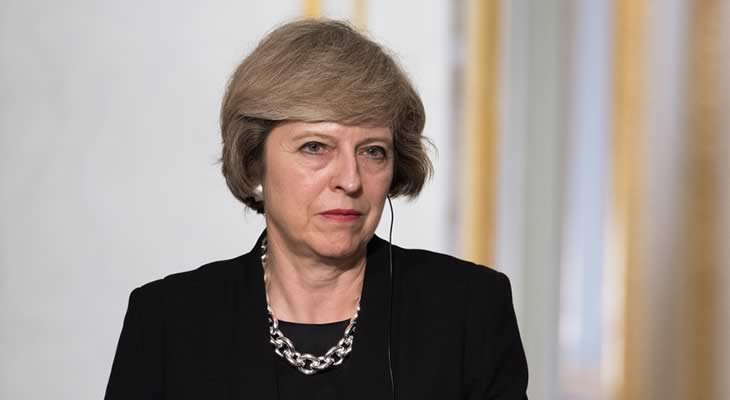The outlook for the Euro Pound (EUR GBP) exchange rate grew increasing positive this week as London and Brussels failed to agree on core aspects of the Brexit deal, and data relating to the UK’s services sector proved poor, ultimately leaving the Pound tumbling once again.
UK Services PMI Disappoints, EUR GBP Exchange Rate Capitalises
The UK’s dominant services sector decelerated significantly in November, with Brexit-related uncertainty continuing to hit firms according to the latest purchasing managers’ index (PMI) release.
The IHS Markit UK services PMI dropped to 53.8 in November, down from the previous six-month high of 55.6 and missing the forecast print of 55.
The volumes of new work and business activity grew at a slower pace this period, whilst the rate of job creation remained largely unchanged from October’s disappointing seven-month low.
In regards to prices, average costs soared in November due to higher costs in energy, fuel, food and imported items.
To compensate for the pressures on profit margins, service providers increased their prices at the fastest rate since February 2008.
Duncan Brock from the Chartered institute of Procurement and Supply shared his thoughts on the readings:
‘November’s data painted a disappointing portrait of a sector struggling against Brexit-related uncertainty and a weaker economic outlook, as fewer jobs were created and overall activity dropped back’.
This news is all the more pertinent because the services sector accounts for some 80% of the UK’s GDP, hence a large contraction is indicative of a slowing UK economy.
Markets quickly reacted by selling the Pound, consolidating the Euro’s lead in the EUR GBP pairing.
Eurozone Retail Sales Prove Poor, EUR GBP Remains Unperturbed
Data from the bloc today was similarly mixed. On one hand; the Eurozone’s Markit services and composite PMI assessments were both positive, on the other; retail sales throughout the bloc in October demonstrated a drastic fall.
The Eurozone composite reading printed at 57.5 in November, matching the flash estimate and toppling the previous month’s print of 56.
This reading demonstrated the strongest rate of expansion within the private sector for almost 7 years, with new orders revealing the biggest gain since February 2011 and the rate of job creation also climbing to its highest level in 17 years.
On the manufacturing front, output increased the most that it has done since April 2000, and service sector growth similarly rocketed to a six-month high.
Beyond this, the accelerated growth was predominantly broad-based, with Ireland, Spain, Germany, France and Italy all demonstrating gains.
In slightly worse news retail sales within the bloc only rose by 0.4% year-on-year in October, significantly down from the previous period’s 4% gain and below the market expectation of 1.5%.
This marked the smallest increase in retail trade since July 2014 and curbed the Euro’s lead to a small degree, though not enough to push things into the Pound’s favour.
Brexit Deal Falls Apart on Irish Border Dispute, GBP Tumbles
UK Prime Minister Theresa May’s carefully constructed divorce deal with Brussels fell apart at the eleventh hour yesterday when Northern Ireland’s Democratic Unionist Party rejected May’s agreement.
May, who had travelled to Brussels in a bid to finalise the agreement with European Commission President Jean-Claude Juncker was forced to put things back on hold when the DUP objected to plans that Northern Ireland would be prevented from leaving the EU on the same terms as the UK.
Juncker stated:
‘Despite out best efforts and significant progress. It was not possible to reach a complete agreement today. This is not a failure; this is the start of the very last round’.
Juncker also added that he still expects that progress will be made in talks before the ‘crunch-time’ EU summit next week – in theory leaving time for phase two of negotiations to take place as hoped.
Markets remain unconvinced, however, and time is rapidly ticking away before the summit takes place.
In this respect, the EUR GBP exchange rate might remain volatile, as an agreement finally being made will break the impasse and likely send the Pound soaring, but the failure to secure a deal will likely drag on the Pound even longer.


Comments are closed.